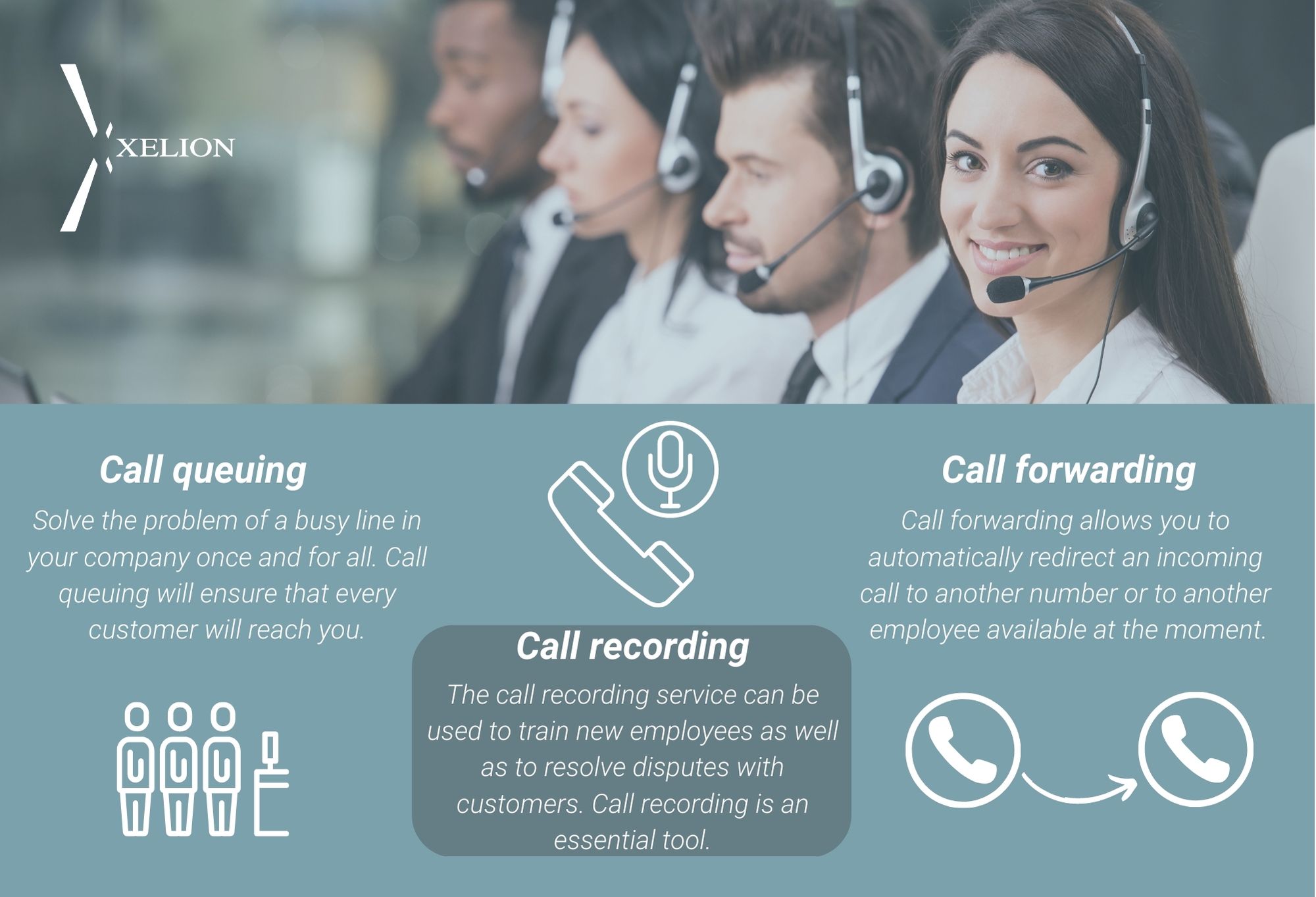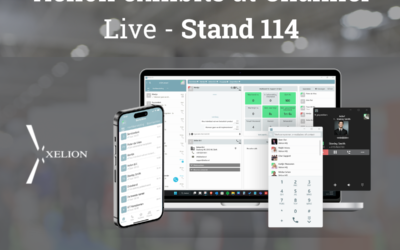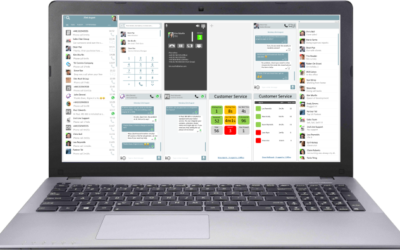
Call queuing: When customers call a business, they expect to be answered promptly. However, if the business is experiencing a high volume of calls, it can be challenging to answer all of them promptly. This is where call queuing comes in. It allows businesses to hold incoming calls in a virtual queue until an agent becomes available to answer them. This ensures that customers don’t have to wait on hold for too long and helps businesses maintain a good reputation for customer service.
Call recording: Call recording is a valuable tool for businesses because it allows them to track and review customer interactions. This can be helpful for several reasons. First, it allows businesses to monitor the quality of their customer service and identify areas for improvement. For example, if a customer service agent is consistently rude or unprofessional, call recording can provide evidence of this behavior and allow the business to take corrective action.
Secondly, call recording can be used for training purposes. By listening to recordings of successful customer interactions, new agents can learn best practices and improve their customer service skills.
Finally, call recording can provide valuable insights into customer needs and preferences. By analyzing call recordings, businesses can identify common issues or questions that customers have and use this information to improve their products or services.
Call forwarding: Call forwarding is a feature that allows businesses to redirect incoming calls to a different phone number or voicemail. This can be useful in several situations. For example, if an agent is unavailable, call forwarding can ensure that customers can still leave a message or speak with someone else.
Additionally, call forwarding can route calls to the most appropriate agent. For example, if a customer calls with a technical issue, the call can be forwarded to an agent with expertise in that area. This helps to ensure that customers receive the best possible service and helps to reduce frustration.
In conclusion, call queuing, call recording, and call forwarding are all essential tools for building effective customer service. They help businesses to manage high call volumes, improve the quality of customer interactions, and ensure that customers receive the assistance they need. By investing in these tools, businesses can improve customer satisfaction and loyalty, which can ultimately lead to increased revenue and success.













